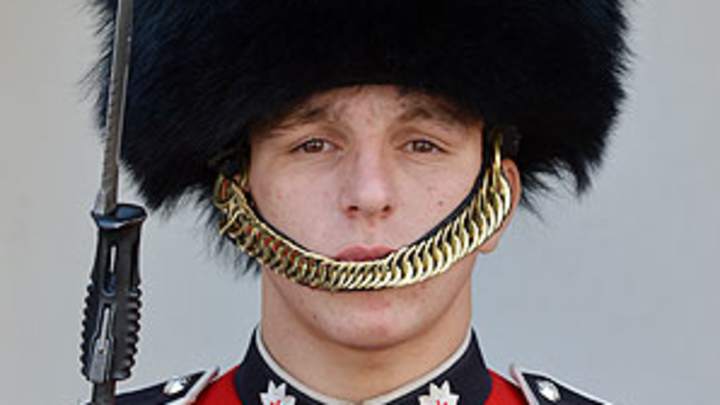Cyber terrorism, other new threats among concerns for U.K. officials

All Olympic organizers since Munich have hired security consultants like the Bavarian Dr. Georg Sieber to sketch out crisis scenarios. More than that, now they listen to them. Peter Power has walked London's Olympic Delivery Authority through several exercises to prepare for the worst.
"Munich changed forever the concept of security for the Olympics," says Power, who in 1972 watched the Black September attacks play out from London, where he was a young police officer. "But the threat landscape is totally different today."
One exercise Power led for the ODA involved simulating a response to an event taking place the day the Olympic torch arrives in The City, London's financial center, if a protest were to turn nasty and morph into a potential act of terror. Another exercise, in the Olympic Park, was to guard against the catastrophic spread of disease. Here are some other newfangled threats that organizers will guard against:
The lone wolf. Think James Holmes and Anders Breivik. "You didn't have these sorts of people in 1972," Power says. "But they pose a real threat now, and they all operate under the radar." There's very little that can be done to guard against one deranged individual other than to create as secure an envelope as possible. Of the Colorado movie-theatre attack, Power says, "It's ominous that it took place so close to the Olympics."
The new generation of terrorist groups. Al Qaeda now instigates more than it organizes. Still, some 246 people have been convicted in the U.K. of crimes inspired by that organization. And unlike the Palestinians who executed a surgical operation in Munich, terrorists will now sow chaos by mounting what experts call "asymmetric attacks," like the cascade of 11 explosions and shootings that took place in Mumbai in 2008.
"For example, a train might be toppled off the DLR [Docklands Light Railway] and hit a petrol tanker underneath," says Power. "There's a fire, and transport is affected. And down in Dorset [site of the sailing venue], terrorists take hostages and block the M3 [motorway]. It's the threat of events not following a pattern."
Assassination. With some 140 heads of state coming through London for the Games, someone may want to make a political point by surgically killing one person. By doing so on the Olympic stage that point would be amplified. Says Power, "This is the one occasion when the world's media is eager to report anything."
Cyber terrorism. Three weeks ago the hacktivist group Anonymous shut down a major computer in Italy. "Someone clever enough could not only close something down, but actually manipulate events," Power says. "Release water from a reservoir in Wales, for instance, or cut off oil and gas supplies. I believe the impact would be greater than a bomb."
Not all threats are new. Because this is England, the Irish Republican Army remains a concern.
"There are still hardliners upset that [M.P. for Northern Ireland and former Republican firebrand] Martin McGuinness shook hands with the Queen," Power says.
Her Majesty's Government has taken extraordinary steps to manage the security environment. Since the torch relay began in late May, a special entity called the Cabinet Olympic Committee has met regularly, to assess the latest "CRIP," or "common recognized information picture." The CRIP is analyzed in light of the "Concept of Operations," or ConOps.
"The ConOps is written as a military document," says Power. "It covers the entire Games, all the venues and the gaps in between. It's probably the most complex command document I've seen in 40 years of doing this.
"The whole process is bureaucratic, because it almost has to be. It would probably work very well in peacetime. Frankly, my fear is that it might not work as well in war."
But Power's biggest fear is complacency.
"It's that attitude of, 'We can trust all these soldiers.' In fact, we all have to look after one another. Throughout modern history, think about the first responders. They're never the professional services. They're bystanders or fellow passengers who for the first half hour -- and sometimes longer -- keep people alive."

Senior writer and author Alex Wolff, the longest-tenured writer on staff, has traveled to six continents to cover everything from the Tour de France and the World Series to the Olympics and the intersection of society and sports.